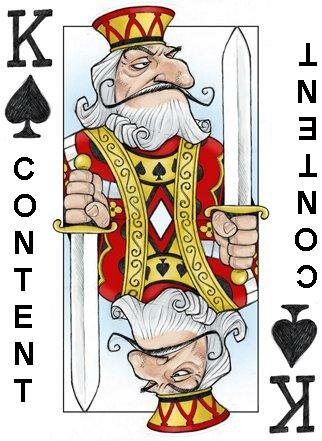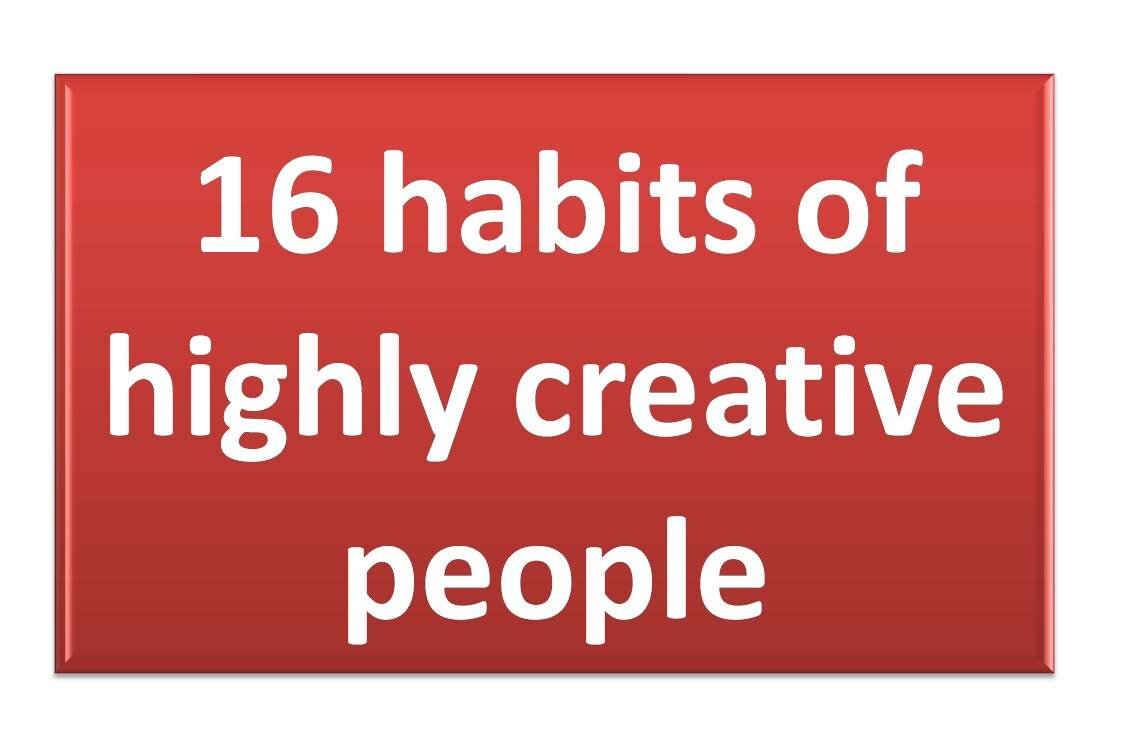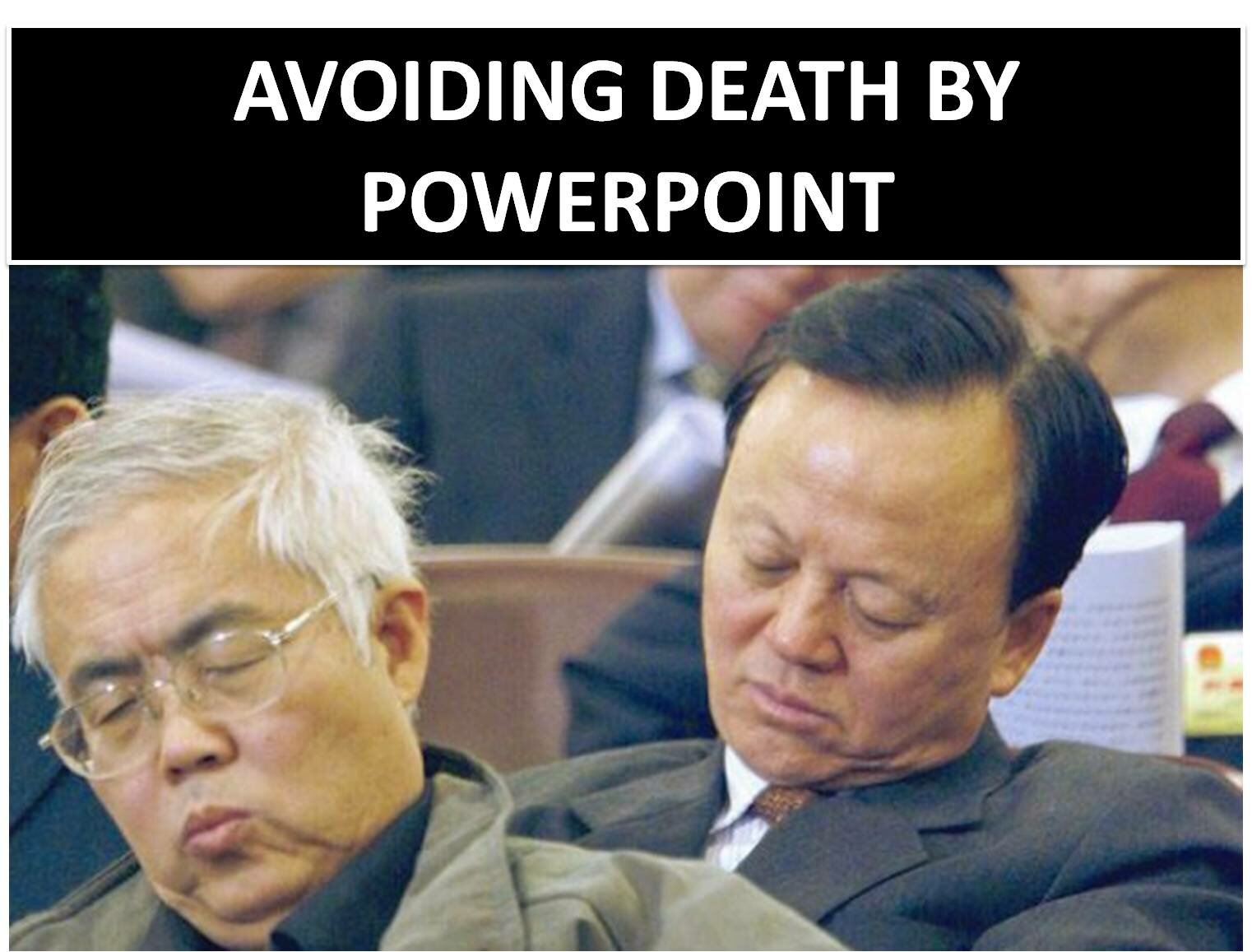Ambiguity is good…er…no, ambiguity is bad.
|
|||||||||
Shalu Wasu | Jan 06, 2010
 Ambiguity is not a desirable state in most situations. It typically causes communication problems and has no place in certain circumstances. For instance, an infantry commander would not want to say, “Make sure you cross one of the bridges soon or else.” This could be a prescription for disaster. Rather, the infantry commander would say, “Be sure to cross bridge number 2167 before 1350 hrs because we will be blowing it up at 1357.” It makes a whole lot more sense and doesn’t leave any room for interpretation. Does it?
Ambiguity is not a desirable state in most situations. It typically causes communication problems and has no place in certain circumstances. For instance, an infantry commander would not want to say, “Make sure you cross one of the bridges soon or else.” This could be a prescription for disaster. Rather, the infantry commander would say, “Be sure to cross bridge number 2167 before 1350 hrs because we will be blowing it up at 1357.” It makes a whole lot more sense and doesn’t leave any room for interpretation. Does it?
However when it comes to creative thinking, ambiguity is a good thing, even a great thing. If we are too specific with guidelines and rules to solving problems, it doesn’t give us much leeway to generate new ideas.
Generally we are uncomfortable with uncertainty. When we are in this state, we feel irritable. We try an d resolve the uncertainty and become comfortable again quickly. We feel compelled to appear more certain, confident and decisive than we really are at that time. So we would rather leap to a conclusion and then focus our energies in defending it. This, most of the time is the sub optimal solution.
d resolve the uncertainty and become comfortable again quickly. We feel compelled to appear more certain, confident and decisive than we really are at that time. So we would rather leap to a conclusion and then focus our energies in defending it. This, most of the time is the sub optimal solution.
By its very nature, life does not lend itself to close scrutiny. It is fuzzy, indeterminate and paradoxical. There are contradictions everywhere. Wanting to understand life is to expect it to be straight, neat and orderly which it is not. We can say just one thing for sure about the world: “I don’t know.” When we are okay with the ambiguity and paradoxes of life, we know that there are no standard answers in life. We break loose fresh perspectives and look for several possible answers. In the process, we turn more creative.
In fact this article itself is paradoxical – We started by saying that ambiguity is bad and then we said it is good! That’s how life is. Learn to enjoy ambiguity.
So what should we do to get comfortable with uncertainty?
1. Accept that uncertainty is certain
2. Enjoy being confused. Be comfortable without a solution!
3. Be a ‘find outer’, not a ‘knower’
4. ‘I don’t know’ is a GREAT ANSWER!
Filed Under: Comment
|
|||||||||



















Very true Shalu. Infact Lateral Thinking contributes to the increase in ambiguity about the “perfect” solution or alternative which is the hallmark of Vertical thinkingwhich advocates a clear and unambiguous choice on which the thinking and reasoning edifice is built.
Ambiguity, or uncertainty, is one of the facts of life. Pema Chodron, the wonderful Buddhist nun and author, chose to title one of her books “Comfortable with Uncertainty,” as Buddhist teachings emphasize experiencing things as they are, not as we would like them to be (which is often with less ambiguity). I touch a bit on this on my post “The Gift of Waiting” on the ThoughtsHappen.net site. Cheers!
i beg to disagree on the option of saying “I don’t know” i think this sentence jus averse the thinking process and buys one time.